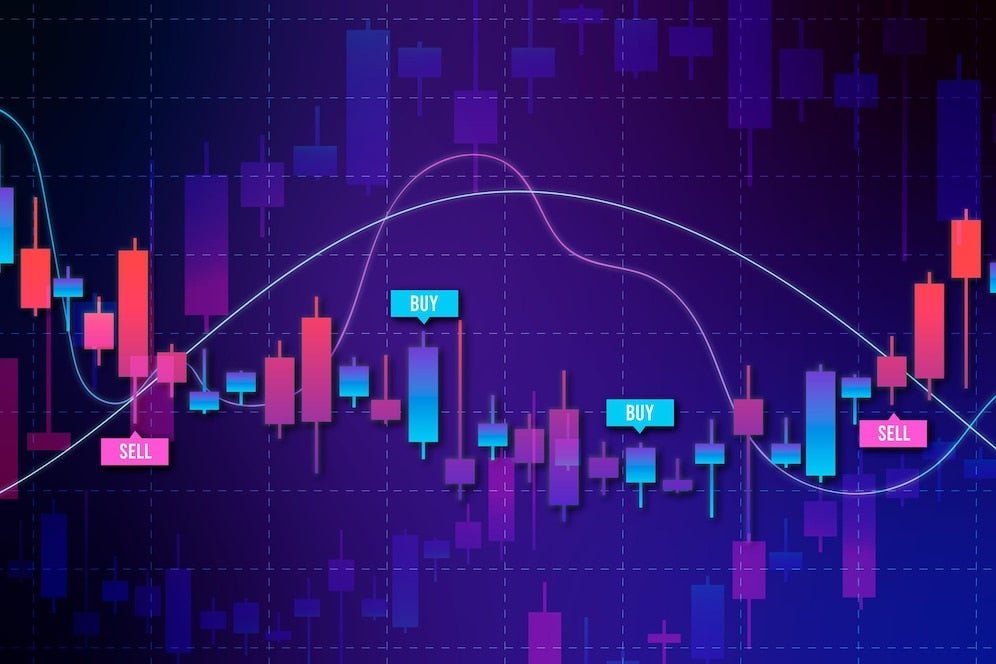U.S. stocks fell for a fourth straight session on Monday amid increasing recession fears.
The Federal Reserve, last week, raised its target fed funds rate by 0.5% to a new range of between 4.25% and 4.5%, and signaled more rate hikes for 2023.
Shares of Meta Platforms, Inc. (NASDAQ: META) dropped over 4% on Monday after European Union antitrust watchdogs charged the company for distorting competition in the markets for online classified ads by bundling the Facebook Marketplace to its social network.
Majority of the sectors on the S&P 500 closed on a negative note, with communication services and consumer discretionary stocks recording the biggest plunge on Monday. Energy stocks, however, bucked the overall market trend, recording slight gains during the session.
The Nasdaq 100 dipped 1.42% to close at 11,084.59 on Monday, amid losses in shares of Apple Inc (NASDAQ: AAPL), Microsoft Corp MSFT and Amazon.com, Inc. AMZN. The S&P 500 fell 0.90%, while the Dow Jones lost 0.49% to 32,757.54 in the previous session.
The Chicago Board Options Exchange’s CBOE Volatility Index (VIX) fell 0.9% to 22.42 points on Monday.
What is CBOE Volatility Index?
The CBOE Volatility Index, popularly known as VIX, is a measure of the equity market’s expectation of volatility based on S&P 500 index call and put options.
Image and article originally from www.benzinga.com. Read the original article here.

